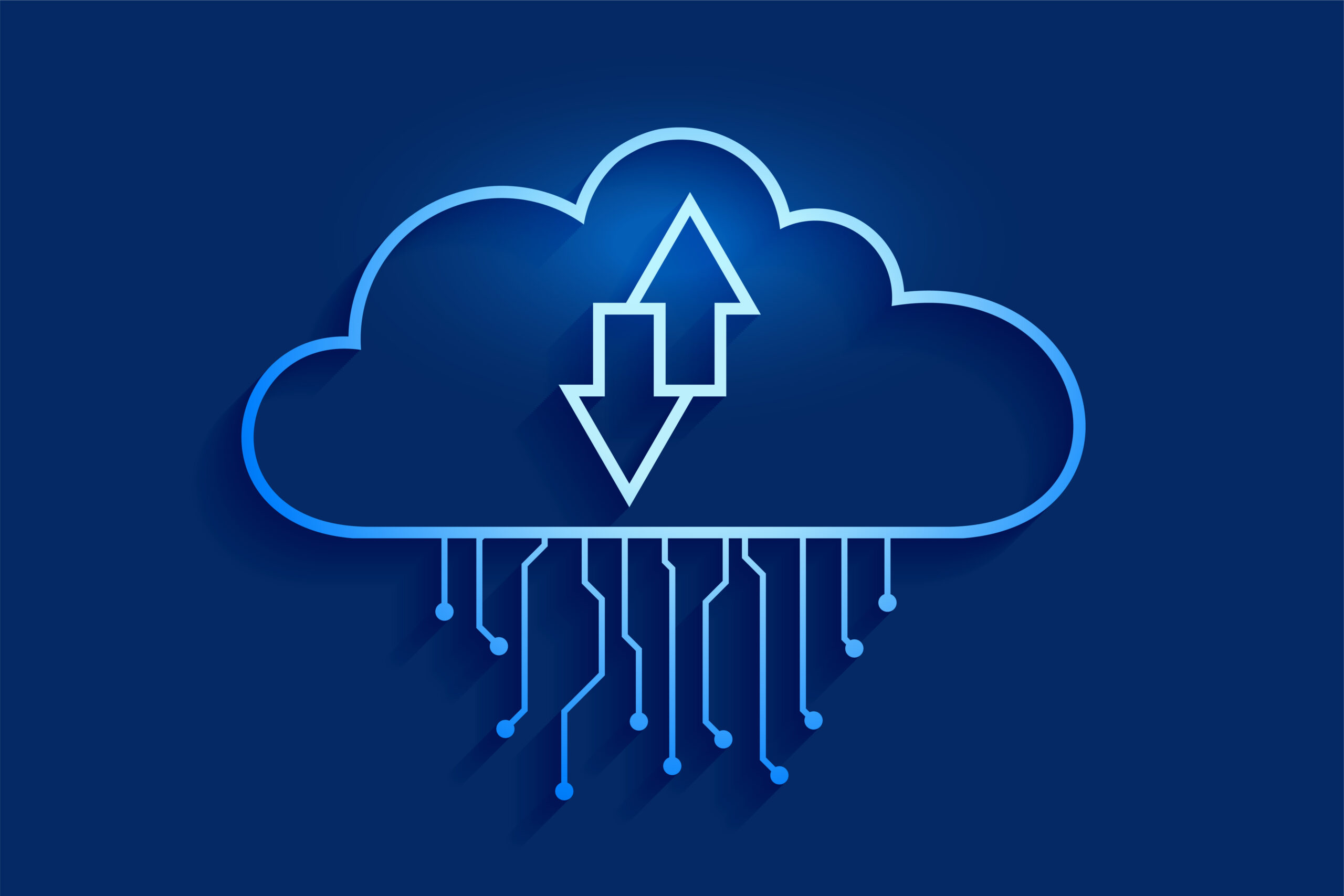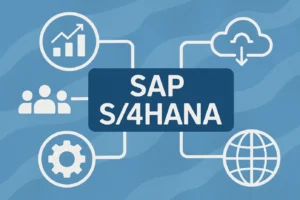Cloud-based ERP systems are hosted on the vendor’s servers and accessed via the internet. They offer flexibility and scalability with lower upfront costs.
- Pros: Lower initial costs, automatic updates, remote access, and scalability.
- Cons: Ongoing subscription costs, dependency on internet connectivity, and potential security concerns with third-party hosting.

2. On-Premise ERP
On-premise ERP systems are installed on your company’s own servers, giving you full control over data and security.
- Pros: Greater control over security, customization options, and no reliance on internet connectivity.
- Cons: Higher upfront costs, longer implementation time, and additional maintenance and upgrade responsibilities.
3. Key Factors to Consider
When deciding between Cloud-Based and On-Premise ERP, consider the following factors:
- Budget: Cloud ERP is cost-effective initially, while On-Premise ERP requires higher investment.
- Scalability: Cloud ERP can easily scale as your business grows.
- Security: On-premise ERP provides complete control over sensitive data.
- Customization: On-premise ERP allows more extensive customization.
Conclusion: Which One Should You Choose?
The best ERP solution depends on your business needs. If you prioritize flexibility and cost-effectiveness, a Cloud-Based ERP may be the best choice. If data security and control are paramount, an On-Premise ERP could be the better option.
Need expert guidance? Contact Techgeum today to find the perfect ERP solution for your business!




